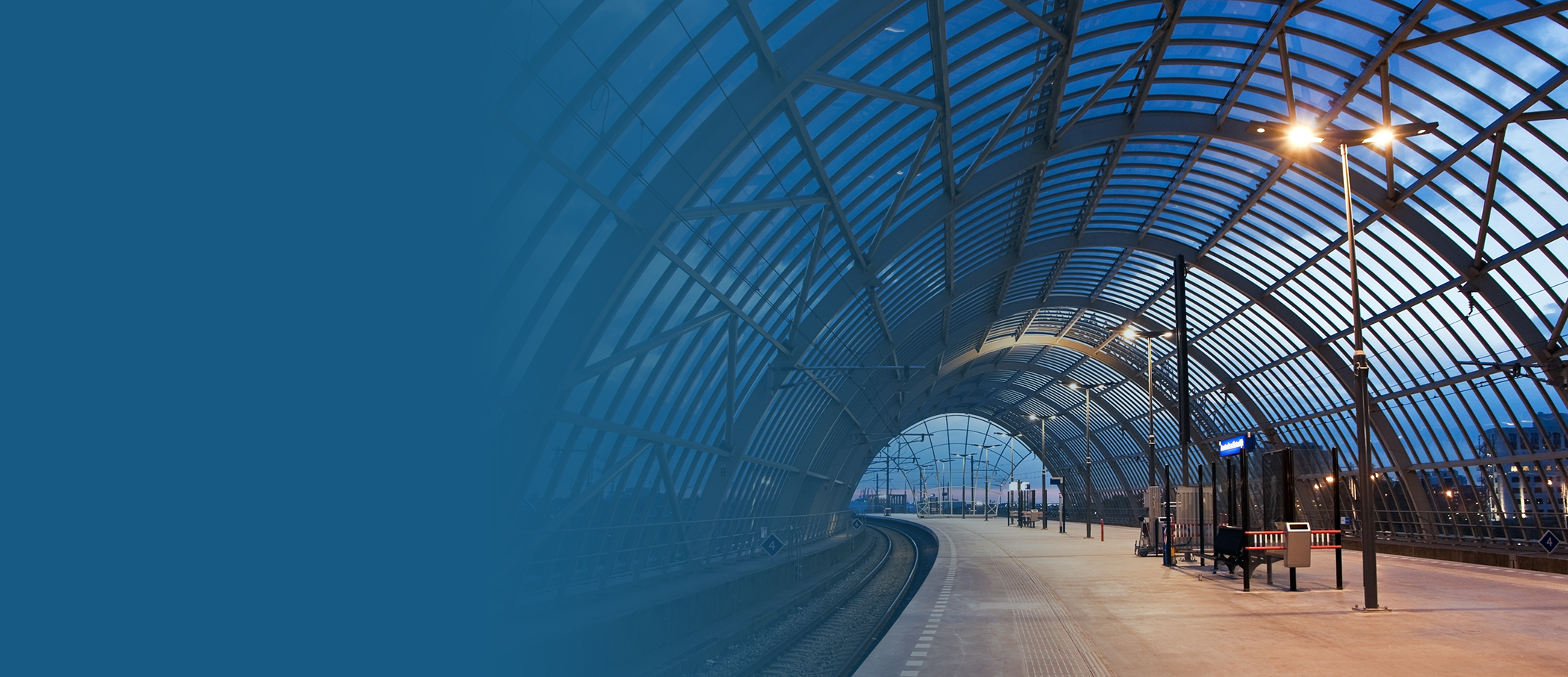
The 11th Energy Management Action Network Workshop
– EMAK11 –
“Toward net-Zero Energy Building”
The Energy Management Action Network (EMAK) under the Energy Efficiency Hub will organize its 11th workshop (EMAK11) in Singapore with cooperation from the Singaporean Government.
Today, many countries are affected by soaring energy prices, and even stable energy supplies are threatened. At the same time, climate change measures are recognized as a global challenge, and ambitious goals for carbon neutrality are being formulated and implemented worldwide.
Energy efficiency and conservation has been increasingly important, and in particular, the buildings sector has great potential to improve its energy efficiency.
In light of these circumstances, the workshop will be held in Singapore, ASEAN, the engine of global economic growth, on the theme of energy efficiency and conservation in the buildings sector toward net Zero Energy Buildings.
Theme
■ Transitions toward Net-Zero Energy Building
Details
■ Date: February 9th, 2023
■ Venue: Grand Copthorne Waterfront
■ Time: 10:00 – 17:25 (GMT+8) <Registration starts from 9:30>
■ Agenda: https://www.asiaeec-col.eccj.or.jp/emak11-Agenda/
This workshop is the best opportunity to:
■ Learn about policies related to energy efficiency and conservation(EE&C) in buildings sector in respective countries and regions, and best practices on realistic energy-efficient buildings including step-by-step approach to constructing net-Zero Energy Buildings in new construction/ renovation.
■ Discuss common challenges in implementing EE&C policies in buildings sector and achieving realistic energy-efficient buildings toward Net-Zero Energy Building and how to overcome them through sharing information, experiences and knowledges.
■ Enhance network of policy makers and stakeholders in private sector.
The archive for EMAK is available here.
Participation
■ Resister in advance through: https://forms.gle/Dwc85tuPXTsGnGRa6
or
■ Visit: https://us02web.zoom.us/webinar/register/WN_XIkATegPR0GOPTjMqFxt4Q

